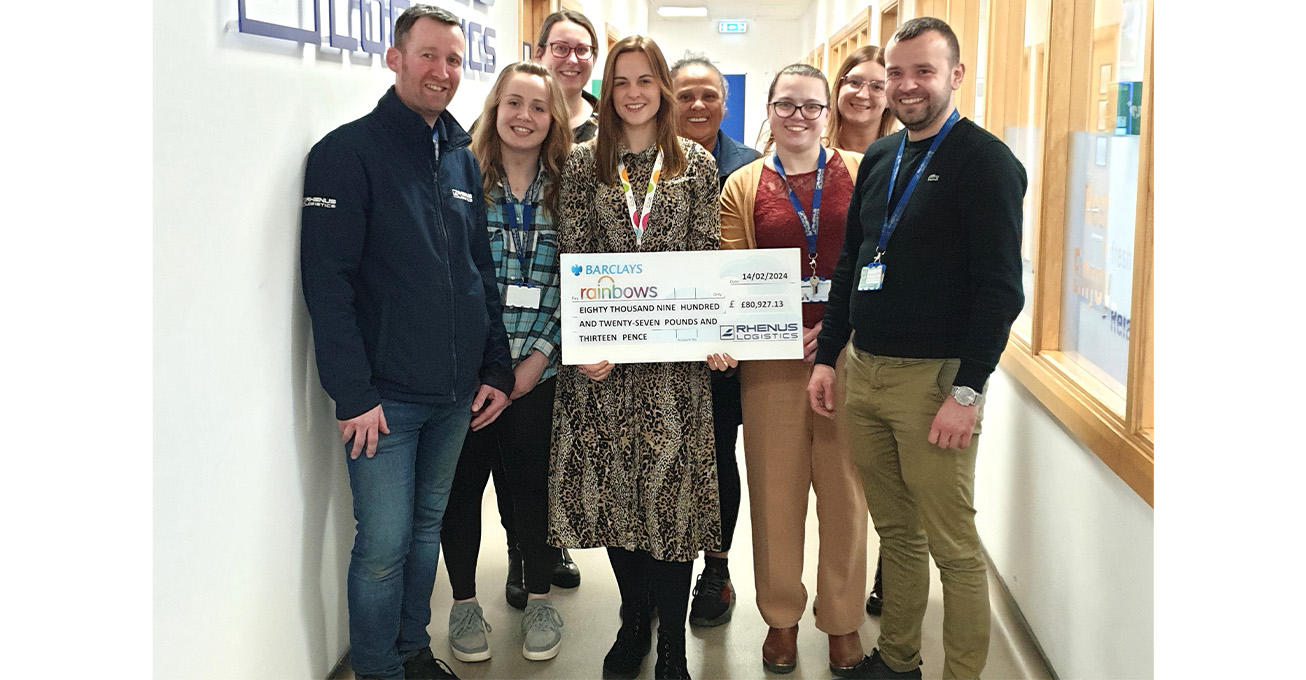 Patients with rare, von Hippel Lindau (VHL) disease battle a series of malignant and benign tumours and cysts their whole lives. Patients and their carers are now hoping that NICE will recommend the use of a new drug, belzutifan (Welireg), the first ever non-surgical treatment to successfully target VHL tumours, via the NHS at its ongoing appraisal.
Patients with rare, von Hippel Lindau (VHL) disease battle a series of malignant and benign tumours and cysts their whole lives. Patients and their carers are now hoping that NICE will recommend the use of a new drug, belzutifan (Welireg), the first ever non-surgical treatment to successfully target VHL tumours, via the NHS at its ongoing appraisal.
VHL is a devastating, rare, life-long (life-limiting and for some life-threatening), incurable disease, that can cause multiple, malignant, and benign tumours/cysts throughout the body. People with VHL can suffer from tumours on multiple organs, simultaneously, or repetitively, and these can be life-threatening. VHL does not go into remission, tumours do not shrink naturally and there is no cure.
Until now, often high risk, invasive surgery is the only way to remove these tumours and it is not uncommon to lose sight, part/whole kidneys/pancreas (plus adjoining organs during the Whipple’s procedure), adrenal gland/s, suffer neurological issues such as paralysis after spine or brain surgery and require lifelong medical monitoring and interventions such as dialysis or Pancreatic Enzyme Replacement Therapy (PERT – post Whipple’s procedure).
The tumours themselves, or surgery to remove them, mean patients can suffer from a wide range of debilitating physical symptoms, and these along with the constant monitoring required to ensure the disease is managed effectively, can affect all areas of the patient and their carers lives from education, careers, leisure and travel to relationships, their ability to plan for their futures and their mental wellbeing.
The belzutifan (Welireg) drug trial was originally designed to target VHL related Renal Cell Carcinoma (RCC, on the Kidneys). Results were astonishing, demonstrating stability, reduction in growth and in some cases eradicating not only the RCC tumours but other VHL associated tumours in the participants’ brains, spines, eyes and kidneys simultaneously. Belzutifan (Welireg) is already available to patients in other countries, including the USA, Canada, Australia, and it was approved by the SMC for use via NHS Scotland in September 2023.
VHL UK/Ireland believes belzutifan (Welireg) has the game changing potential to completely transform the lives of some VHL patients and their carers. In 2019, the Nobel Prize in Physiology or Medicine was awarded to the three physician-scientists whose discovery paved the way for belzutifan (Welireg). In February 2021, it was the very first drug to be awarded UK’s ‘Innovative Licensing and Access Pathway (ILAP)’ a joint award from the MHRA, NICE and the SMC, boasting a new process designed to ‘bring medicines more rapidly to patients’ and claiming belzutifan (Welireg) will therefore ‘be accelerated through the approval process’. The MHRA licenced it for use in the UK soon after. This was a very exciting time for the charity, VHL patients and their carers, who by which time, were seeing regular updates from trial patients across the world using belzutifan (Welireg) and their amazing results. Before this drug, patients had never heard of their tumours ‘shrinking’ or ‘disappearing’ without dangerous and terrifying surgeries.
VHL UK/Ireland is in liaison with numerous patients whose quality of life is currently very poor and are desperate to access belzutifan (Welireg) themselves; some have moved country and continent to do so. VHL sufferers in England were extremely upset by NICE’s draft guidance, published in November 23, which is currently not recommending the use of belutifan via the NHS and although this is not their final guidance, some are losing hope for their futures.
VHL UK/Ireland has been in direct contact with NICE as a key stakeholder in this appraisal since June 2021, providing numerous, extensive, written submissions and has attended meetings with charity and patient representatives. There have been some frustrating delays during that time, including the process restarting causing over a year’s delay, after a beneficial decision by the MHRA to widen belzutifan (Welireg’s) marketing authorisation to include PNET (pancreas) and CNS (Inc brain and spint) tumours as well as RCC. Ultimately, the charity was extremely disappointed with the draft guidance published in November ‘23.
The charity is now urging NICE and the pharmaceutical company, MSD, to work together to find a solution to the uncertainties NICE has, which largely centre around challenges in the economic modelling, with what is a very complex disease that can vary greatly from patient to patient, coupled with very limited data sets available for such a rare disease.
To discover more about VHL and the belzutifan (Welireg), please visit: https://vhl-uk-ireland.org/ or https://www.nice.org.uk/guidance/indevelopment/gid-ta10817.






